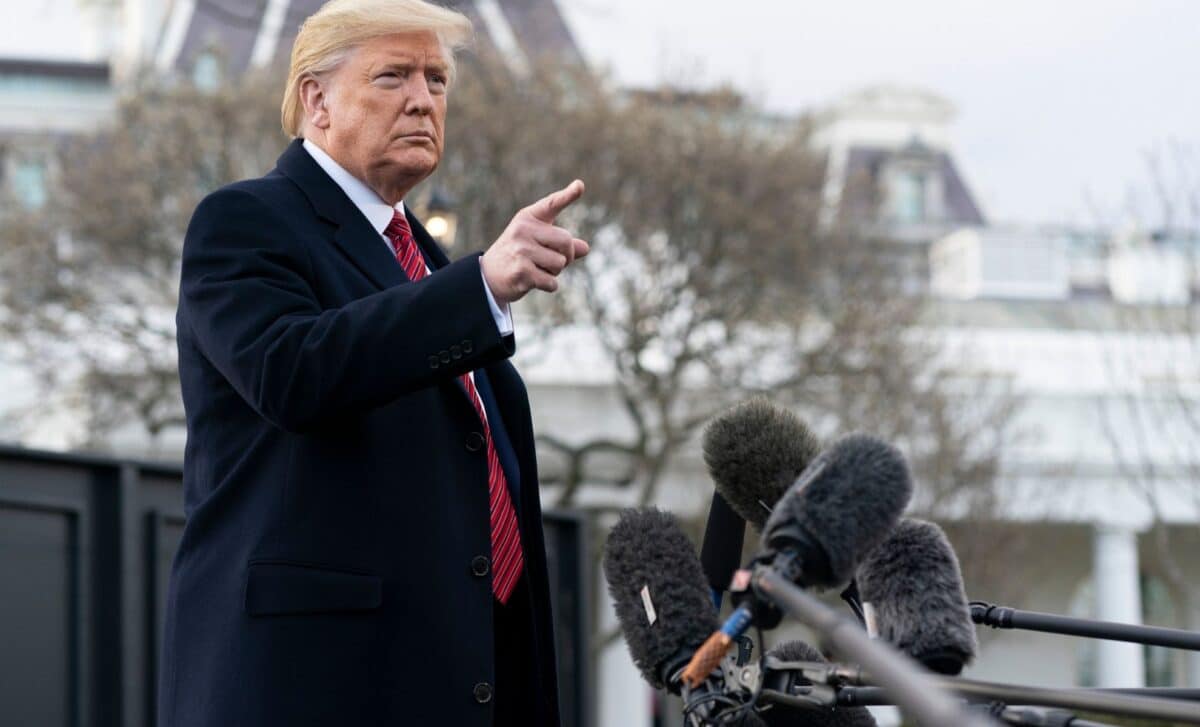In a move that has sparked mixed reactions, President Donald Trump has signed an executive order directing the Interior Department to raise entrance fees for foreign tourists at national parks across the United States.
The goal is to make national parks more affordable for American citizens by ensuring that foreign visitors pay more, while also generating significant revenue for conservation projects and infrastructure improvements.
The order comes at a time when the Trump administration has faced criticism for proposing drastic cuts to the National Park Service’s budget. By levying higher fees on international visitors, the administration aims to reduce the burden on American taxpayers while maintaining access to the country’s iconic natural landmarks.
Increased Fees for Foreign Tourists
The executive order, signed on 3 July 2025, instructs Interior Secretary Doug Burgum to develop a strategy to increase fees for non-U.S. residents visiting national parks. According to a White House statement, the move is designed to “ensure fairness,” as American taxpayers already contribute to the funding of national parks through their tax dollars.
While the order does not specify the exact amount by which fees will rise, the additional revenue is expected to support various conservation and maintenance projects that have long been overdue.
The White House highlighted that charging higher fees to foreign visitors is common practice in many countries around the world. The fee increases will fund much-needed improvements across the park system, including reducing the maintenance backlog, constructing essential infrastructure, and supporting broader conservation efforts.
National parks such as Yellowstone, Yosemite, and the Grand Canyon currently charge entry fees of $20 to $35 per person, depending on the park.
Priority Access for U.S. Residents
Another key element of the executive order is the directive for the National Park Service to prioritize U.S. residents when it comes to access and reservations for certain parks. The move is likely to affect popular parks with reservation systems, such as Yosemite and the Grand Canyon, where demand often outstrips supply during peak seasons.
The goal is to give American citizens preferential treatment when it comes to permits for camping and park access, ensuring that they have the opportunity to experience these national treasures without being overshadowed by an influx of foreign visitors.
This policy shift aligns with the broader theme of “America First,” which has characterized many of President Trump’s policies.
The administration argues that the revenue generated from the fee hikes will allow the National Park Service to invest in improving visitor experiences and addressing long-standing maintenance issues, all while ensuring that U.S. citizens receive the benefits of their financial contributions to the parks.









